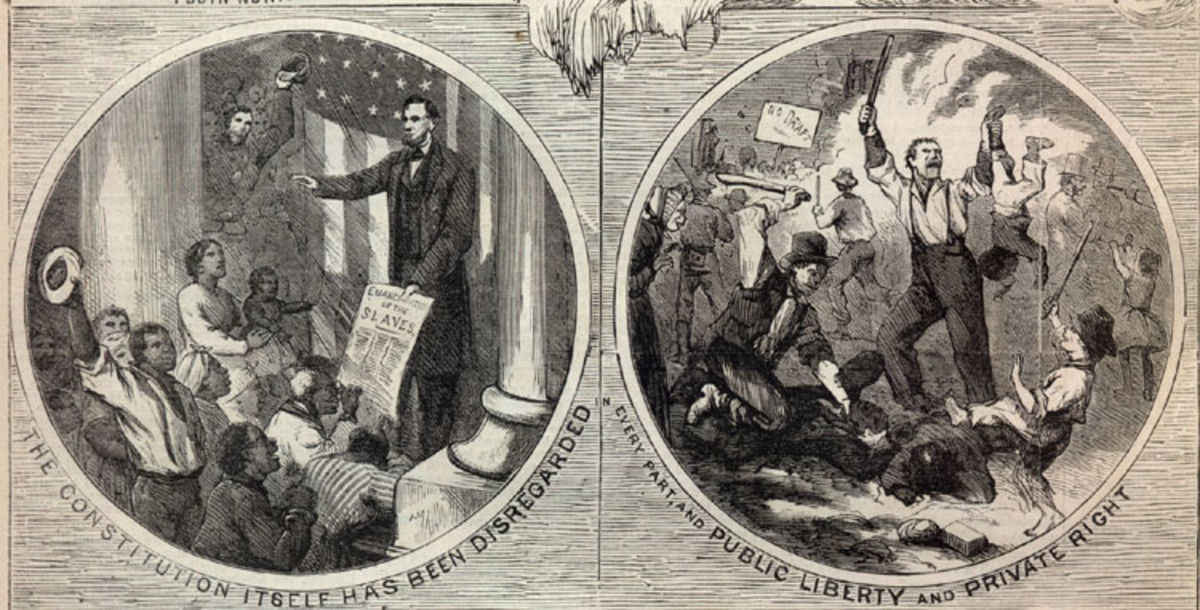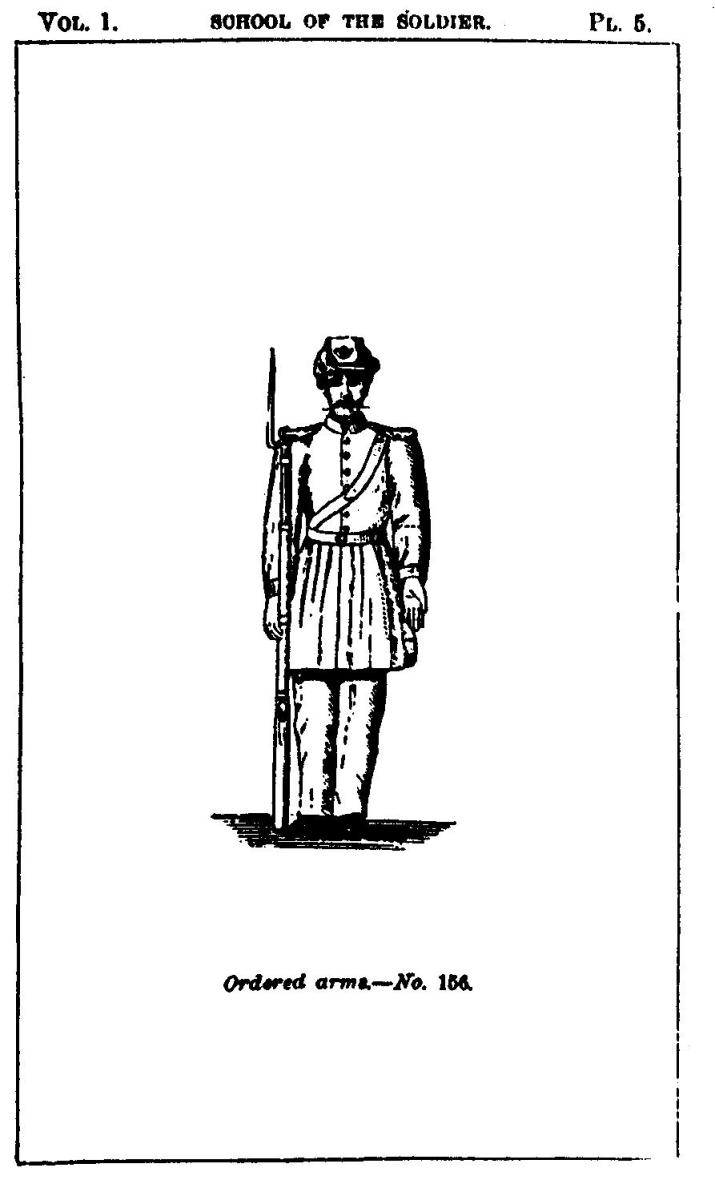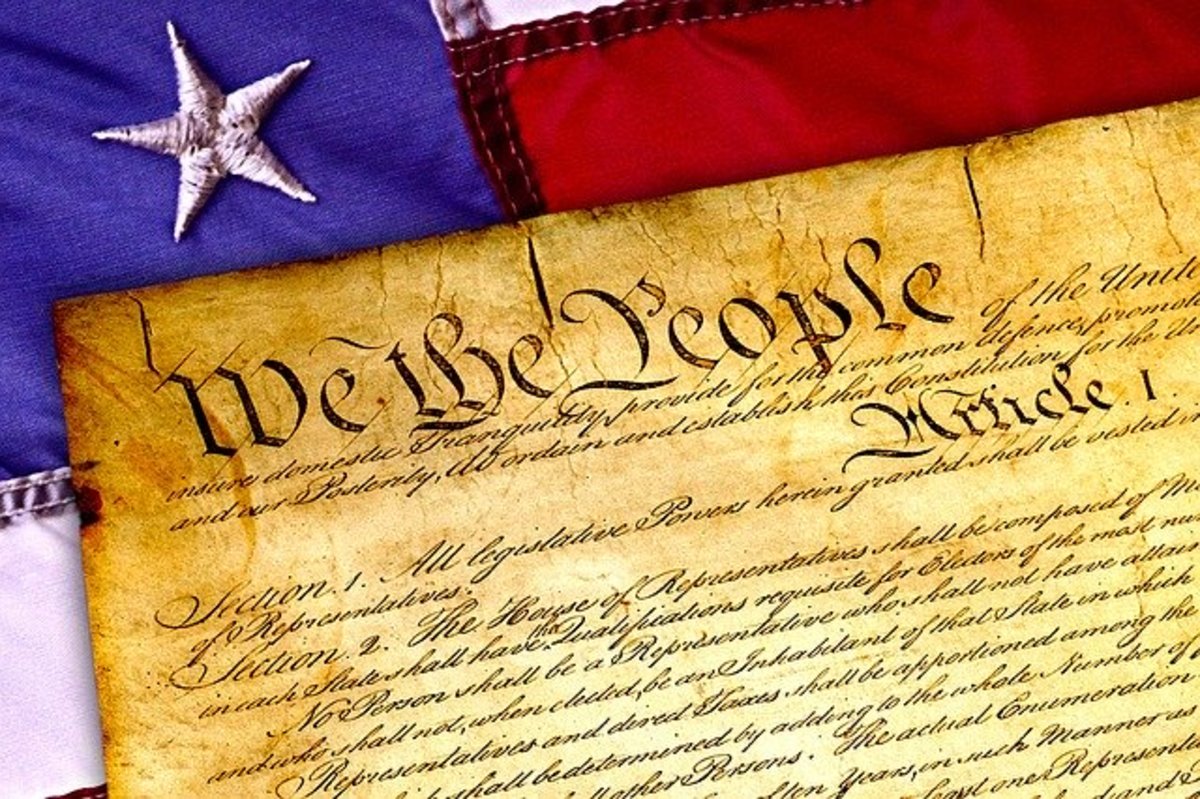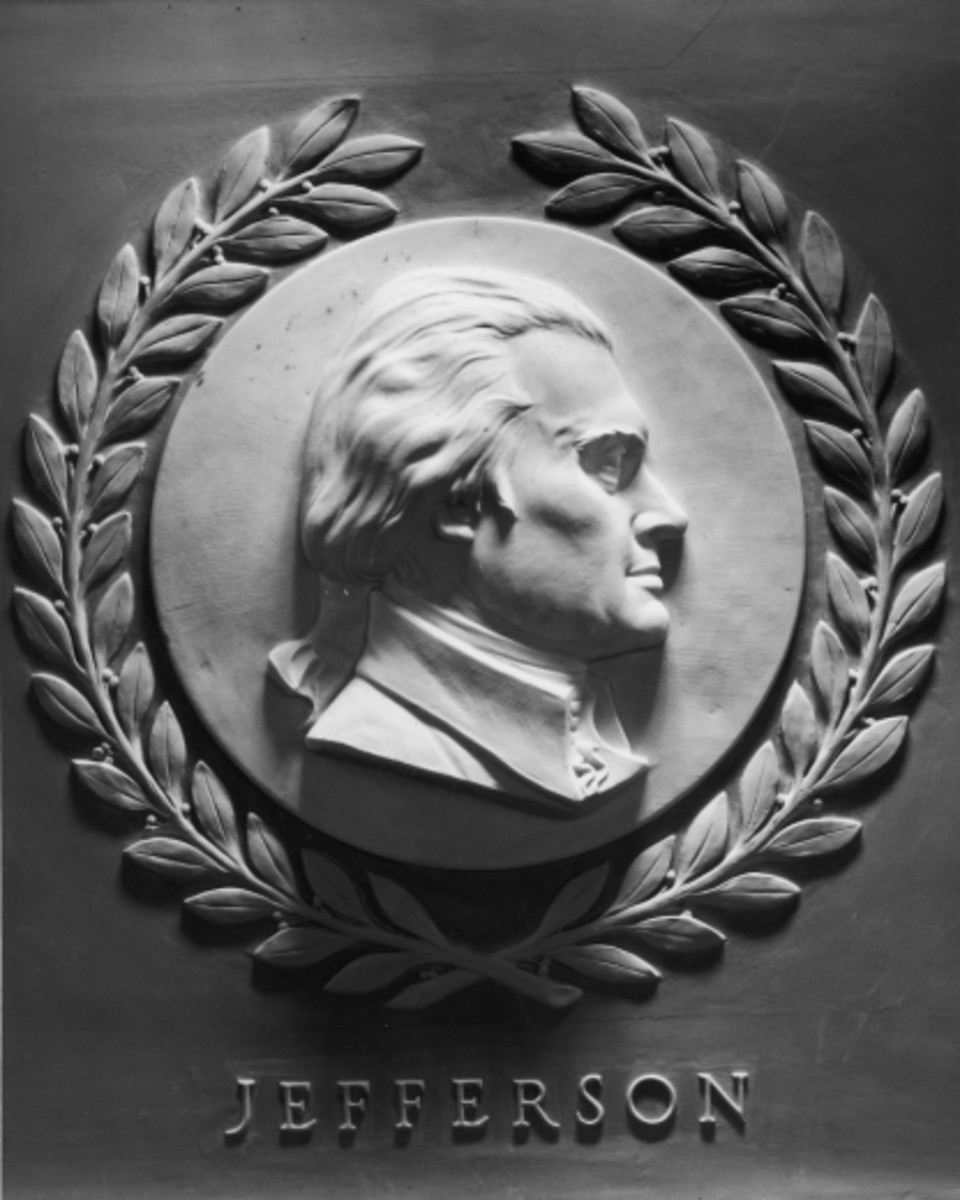Right to Bear Arms

by Amber Maccione
Does the 14th Amendment incorporate the 2nd Amendment?
The 2nd Amendment states: “A well regulated Militia, being necessary to the security of a free State, the Right of the people to keep and bear Arms, shall not be infringed” (Davis 2008 p. 298). According to Davis, in the late 1700’s the militia was any able bodied male and therefore, that allowed for the people to bear arms. Today though, our militia isn’t any able bodied male but rather men who enlist and pass an able bodied test(s). The amendment was written for the protection of the state not for the protection of individuals (Davis 2008 p. 298).
In the McDonald v. Chicago case, there were several suits that were filed challenging the gun bans. Using the District of Columbia v. Heller case, which held that people had the right to self-defense and therefore a ban on guns did violate the 2nd Amendment, the Supreme Court voted 5-4 in favor of the 2nd Amendment applying to the states because it is incorporated by the 14th Amendment’s Due Process clause (McDonald v. Chicago 2012). Justice Alito gave the opinion that the 14th Amendment makes the 2nd Amendment’s right to keep and bear arms for the purpose of self-defense was applicable to the states. The logic was that “rights that are fundamental to the Nation’s scheme of ordered liberty or that are deeply rooted in this Nation’s history and tradition are applied to the 14th Amendment” (McDonald v. Chicago 2012). The 14th Amendment states that “All persons born or naturalized in the United States, and subject to the jurisdiction thereof, are citizens of the United States and of the State wherein they reside. No State shall make or enforce any law which shall abridge the privileges or immunities of citizens of the United States; nor shall any State deprive any person of life, liberty, or property, without due process of law; nor deny to any person within its jurisdiction the equal protection of the laws” (Davis 2008 p. 421-423, 437). Justice Alito stated that the Due Process Clause in the 14th Amendment incorporated the 2nd Amendment and therefore gave the right for individuals the right to bear arms for self-defense (McDonald v. Chicago 2012).
Justice Thomas disagreed with the point on Due Process Clause. He felt it was the Privileges of Immunities Clause that was more appropriate for incorporating rights. Justice Stevens disagreed that the 14th Amendment incorporated the 2nd Amendment and therefore “owning a personal firearm was not a liberty interest protected by Due Process” (McDonald v. Chicago 2012). He went on to further say that the “text, history, or underlying rationale” of the 2nd Amendment did not give “warranting incorporation through the 14th Amendment” (McDonald v. Chicago 2012).
I think the strength of the argument on gun control/right to bear arms is based on the incorporation of the 14th Amendment. I think the weakness is the argument that it is the Due Process Clause that incorporates the 2nd Amendment.
I would agree with Justice Thomas. I do think that the 14th Amendment does incorporate the 2nd Amendment because of the Privileges or Immunities Clause that states that the States cannot make or enforce a law to take away our privileges to life, liberty, or property. Due Process has to deal with people accused of a crime and the right to a fair trial before things are taken from them. Therefore, using the Privileges or Immunities Clause fits better with the right to bear arms as a citizen of the Nation for self-defense.
I have always been for the right to bear arms are an individual for the purpose of self-defense and protecting my property. After reading the 2nd Amendment, I changed my view to say that we don’t have the right to bear arms because of the Militia clause in the 2nd Amendment. But after reading the case of McDonald v. Chicago, I changed back to my viewpoint of the right to bear arms by an individual because of the 14th Amendment’s Privileges or Immunities Clause, which says that a State cannot make laws to that will take away our right of having or protecting our life, liberty, or property. Therefore, I am for the right of an individual to bear arms.
References
(6 November 2012) McDonald v. Chicago. The Oyez Project at IIT Chicago-Kent College of Law. Retrieved from http://www.oyez.org/cases/2000-2009/2009/2009_08_1521
Davis, S. (2008). Corwin and Peltason’s Understanding the Constitution (17th ed.).Belmont: Thomason Higher Education.
Robin Williams & the Right to Bear Arms
© 2012 Amber








